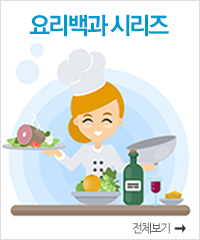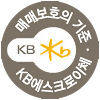한국중동학회논총
신앙과 음식: 이슬람 음식법에 관한 연구*
-꾸란을 중심으로-
김 종 도** ․ 최 영 길***
Kim, Jong-Do, Choi,Young-Gil
Faith and Food: A Study on Islamic Dietary Laws
This paper attempts to discuss a set of Islamic dietary laws developed on the basis of the Qur’ānic injunctions. According to the laws, ḥalāl (lawful) food that Muslims are allowed to consume includes all vegetables, all seafoods, and all meat products that do not fall into the ten ḥarām (unlawful)
categories: (1) the flesh of dead animals, (2) flowing or liquid blood, (3) the flesh of swine, (4) the flesh of an animal dedicated to any other than Allāh, (5) the flesh of animal strangled, (6) the flesh of animal beaten to death, (7) an animal that died after falling from a high place, or falling into a gully or ravine, (8) an animal which died after being gored by horns of another animal, (9) an animal partially devoured by wild animals and died as a result, and (10) the flesh of animal sacrificed to idols. Drinking alcohol is ḥarām and considered the mother of all evils, for it “excites enmity and hatred (Qur’ān 5:91). It is also worthy of note that animals slaughtered by the People of the Book are considered halāl. In conclusion, it can be said that Muslims ponder daily upon the will of Allah and the meaning of faith by eating ḥalāl foods and avoiding ḥarām foods.
* Key Words : Halāl, Harām, Alcohols, Animal, Seafood
* 이 논문은 2010년 정부(교육부)의 재원으로 한국연구재단의 지원을 받아 수행된 연구임(NRF-2010-362-A00004).
** 김종도 명지대학교 중동문제연구소 HK교수, musakim@naver.com, 주저자
*** 최영길 명지대학교 아랍지역학과 교수, kychoi@mju.ac.kr, 교신저자

 KFA(K-Food Archive) 약 100만여개 Big Data Project
KFA(K-Food Archive) 약 100만여개 Big Data Project






 통합검색
통합검색









 표제지
표제지 •중앙대학교 대학원 •홍익대학교
•중앙대학교 대학원 •홍익대학교












